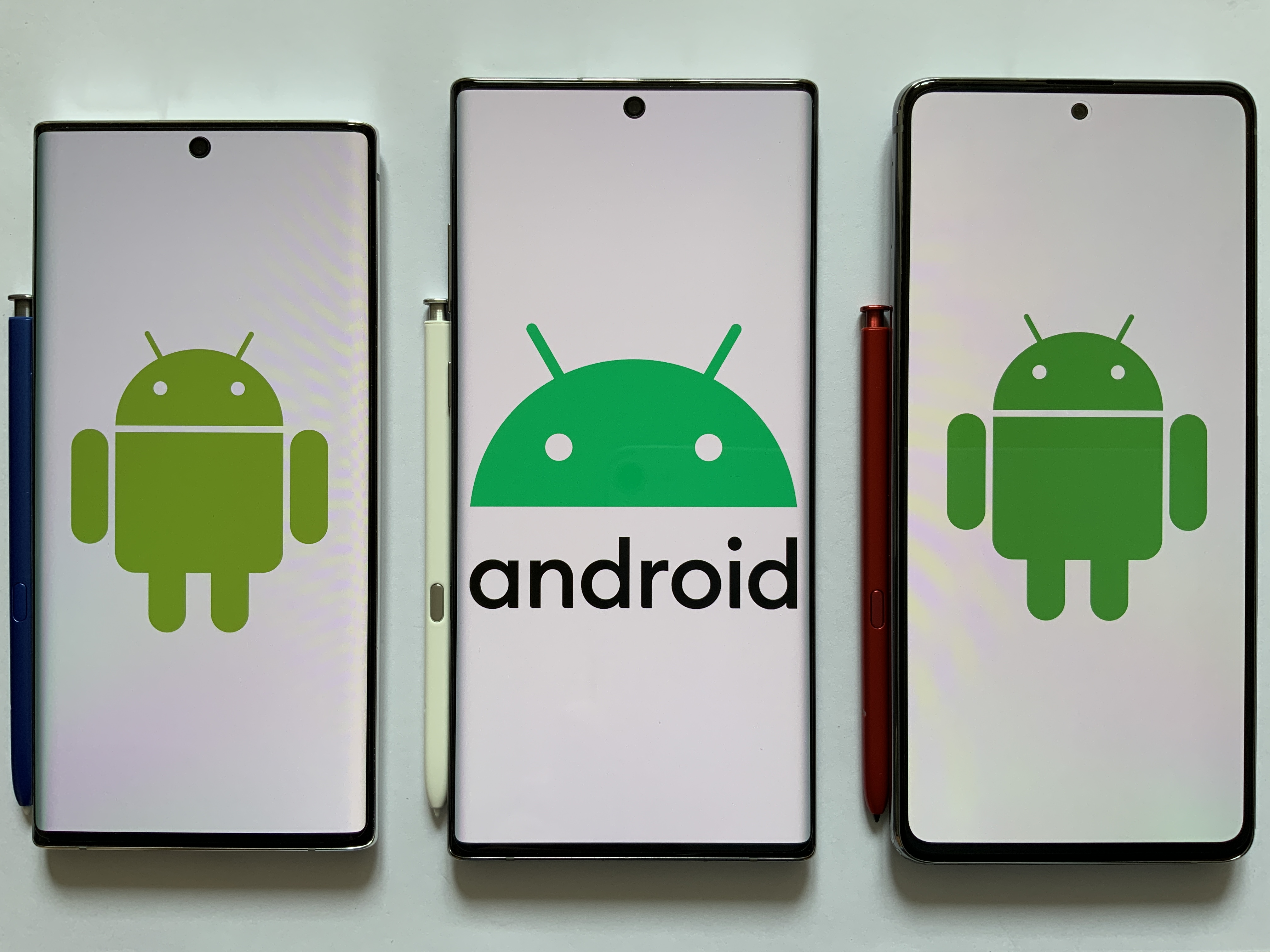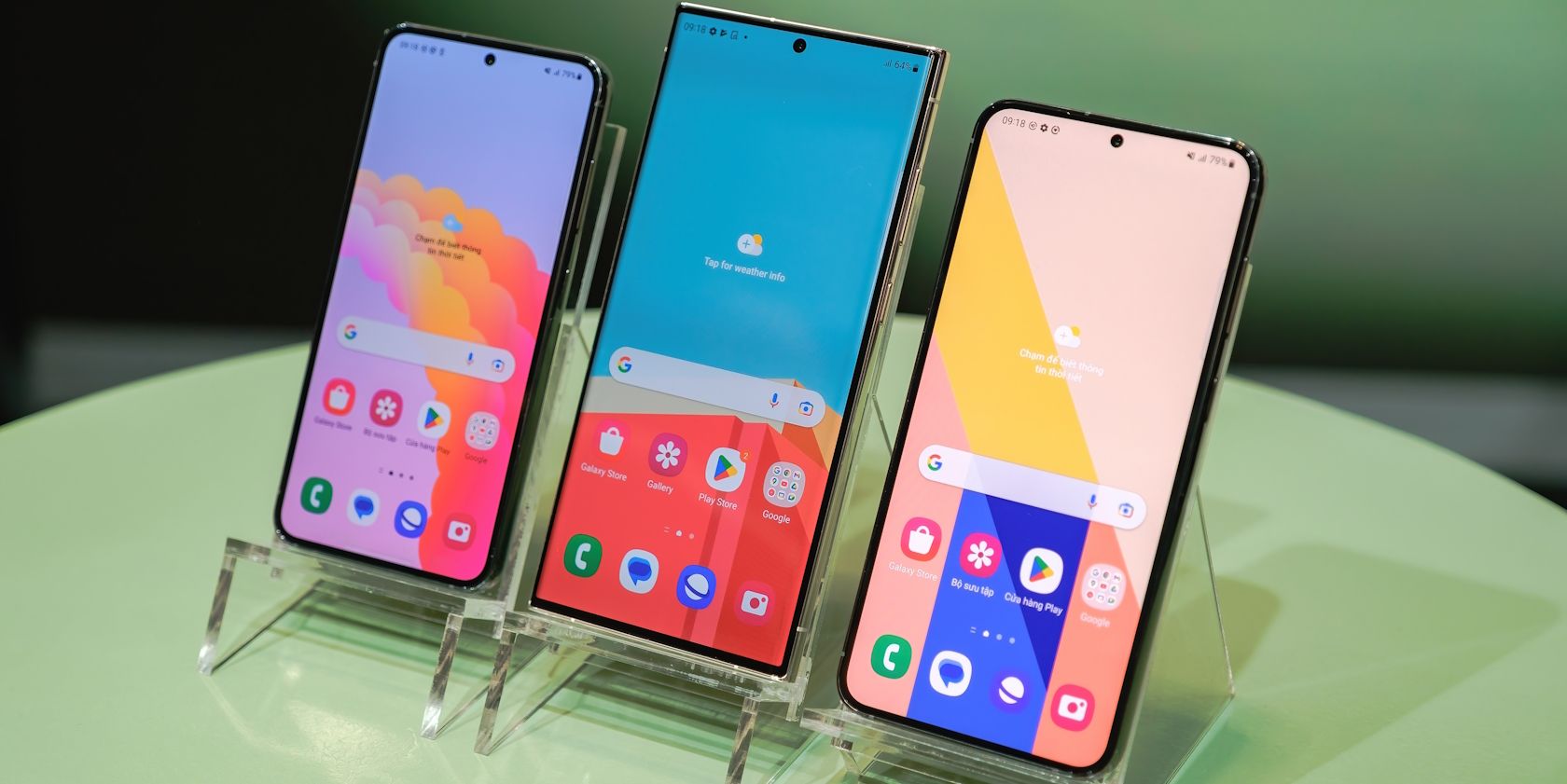Is an Android a smartphone? Unpacking the Definition and Reality
The terms “Android” and “smartphone” are often used interchangeably, leading to a common misconception. While closely related, they represent distinct concepts. To truly understand their relationship, we must delve into the definitions, history, and functionalities of each. This article aims to clarify the difference between Android and smartphones, exploring the nuances of their intertwined existence.
At its core, a smartphone is a mobile phone that performs many of the functions of a computer, typically having a touchscreen interface, internet access, and an operating system capable of running downloaded applications. This definition encompasses several key characteristics:
The Evolution of Mobile Communication

The journey from basic mobile phones to smartphones is a tale of technological advancement. Early mobile phones, or “feature phones,” were primarily designed for voice calls and text messaging. The introduction of internet connectivity and rudimentary applications marked the beginning of the smartphone era.
Essential Smartphone Features
Modern smartphones boast a wide array of features, including:
Advanced Operating Systems: These systems, such as Android and iOS, allow users to install and run applications, manage data, and customize their devices.

Android, on the other hand, is an operating system (OS) developed by Google. It’s the software foundation that powers a vast majority of smartphones worldwide. To clarify, Android is the engine, and the smartphone is the vehicle.
The Origins and Development of Android
Android’s origins trace back to Android Inc., a startup founded in 2003. Google acquired Android Inc. in 2005, recognizing its potential to revolutionize the mobile industry. The first commercial Android device, the HTC Dream, was released in 2008.
The Open-Source Nature of Android
One of Android’s defining characteristics is its open-source nature. This means that manufacturers can freely use and modify the Android OS to suit their specific hardware and needs. This flexibility has contributed to Android’s widespread adoption.
Android’s Role in the Smartphone Ecosystem
Android provides the software platform that enables smartphones to function. It manages hardware resources, runs applications, and provides a user interface. Without an operating system like Android, a smartphone would be a mere collection of electronic components.
The relationship between Android and smartphones is symbiotic. Android provides the software that powers most smartphones, while smartphones provide the hardware platform for Android to operate.
Android’s Dominance in the Smartphone Market
Android’s open-source nature and Google’s backing have contributed to its dominance in the smartphone market. A vast majority of smartphone manufacturers, including Samsung, Xiaomi, and Google itself, use Android as their operating system.
Variations and Customizations of Android
While Android provides a core foundation, manufacturers often customize the OS to differentiate their devices. These customizations can include unique user interfaces, pre-installed applications, and enhanced features.
Android’s Evolution and Updates
Google regularly releases updates to the Android OS, introducing new features, security enhancements, and performance improvements. These updates are typically rolled out to compatible smartphones over time.
The connection between Android and smartphones extends beyond the basic definitions.
The Application Ecosystem and Android
The Google Play Store, Android’s official app store, offers a vast library of applications for various purposes. These applications enhance the functionality of smartphones, enabling users to perform a wide range of tasks.
Hardware Diversity and Android
Android’s flexibility allows it to run on a wide range of hardware configurations, from budget-friendly devices to high-end flagships. This diversity caters to a broad spectrum of users with varying needs and budgets.
The Future of Android and Smartphones
The future of Android and smartphones is intertwined with ongoing technological advancements. Artificial intelligence, 5G connectivity, and foldable displays are shaping the next generation of smartphones and influencing the development of the Android OS.
Several misconceptions surround the relationship between Android and smartphones.
“Android is a Phone Brand”
A common misconception is that Android is a phone brand. Android is an operating system, not a device manufacturer. Companies like Samsung, Google, and Xiaomi manufacture Android smartphones.
“All Smartphones are Android”
While Android is the most popular smartphone operating system, it’s not the only one. Apple’s iOS is another major player in the smartphone market.
“Android phones are all the same”
While all Android smartphones run the same core operating system, manufacturers customize the OS and offer a wide range of hardware configurations, leading to diverse user experiences.
In conclusion, Android is not a smartphone; it is an operating system that powers a vast majority of smartphones. A smartphone is a device, while Android is the software that makes it function. They are intrinsically linked, but distinct. Understanding this distinction is crucial for navigating the complex world of mobile technology. Android’s open-source nature, vast application ecosystem, and adaptability have cemented its position as the dominant force in the smartphone market. As technology continues to evolve, the relationship between Android and smartphones will undoubtedly continue to shape the future of mobile communication.



